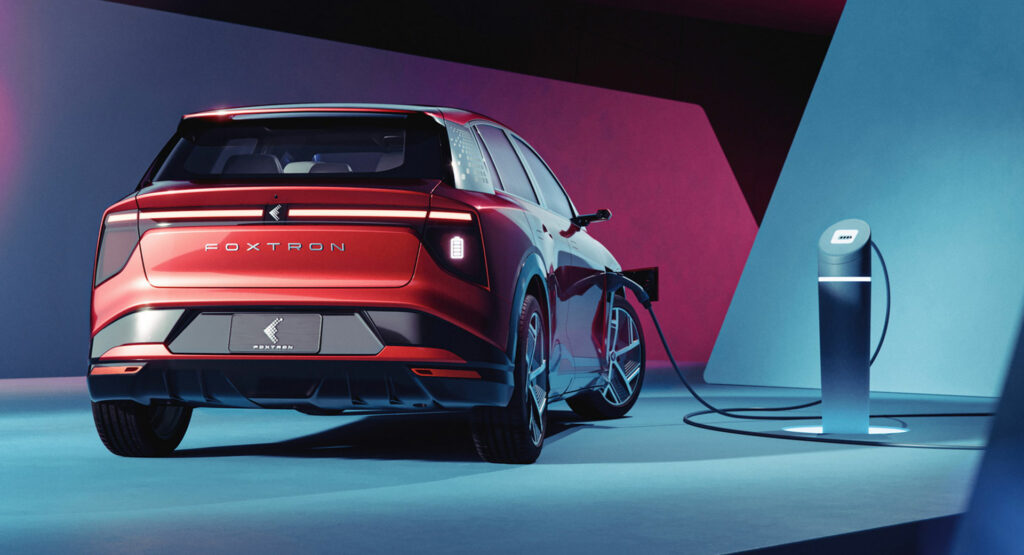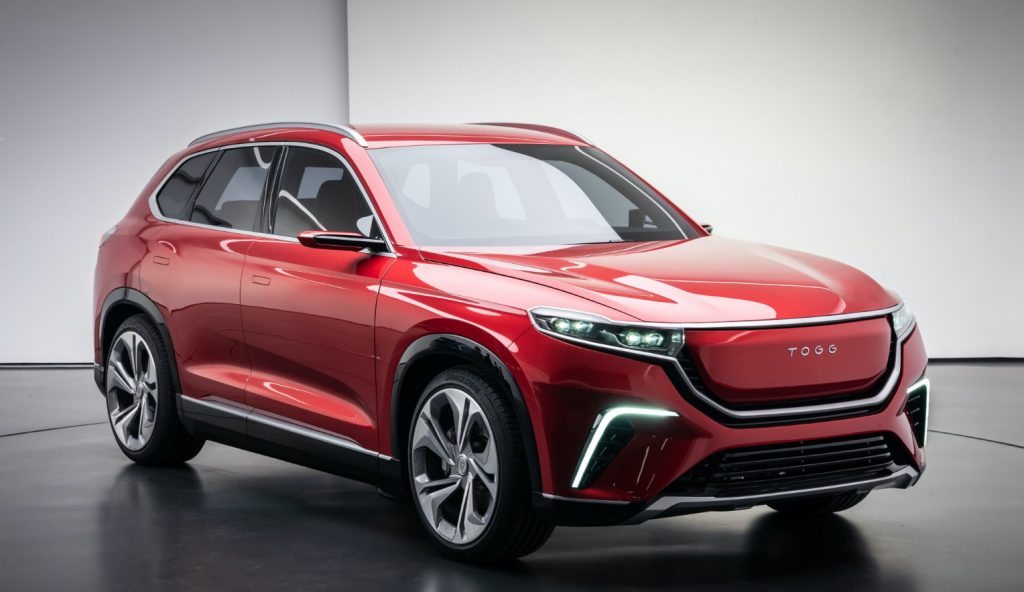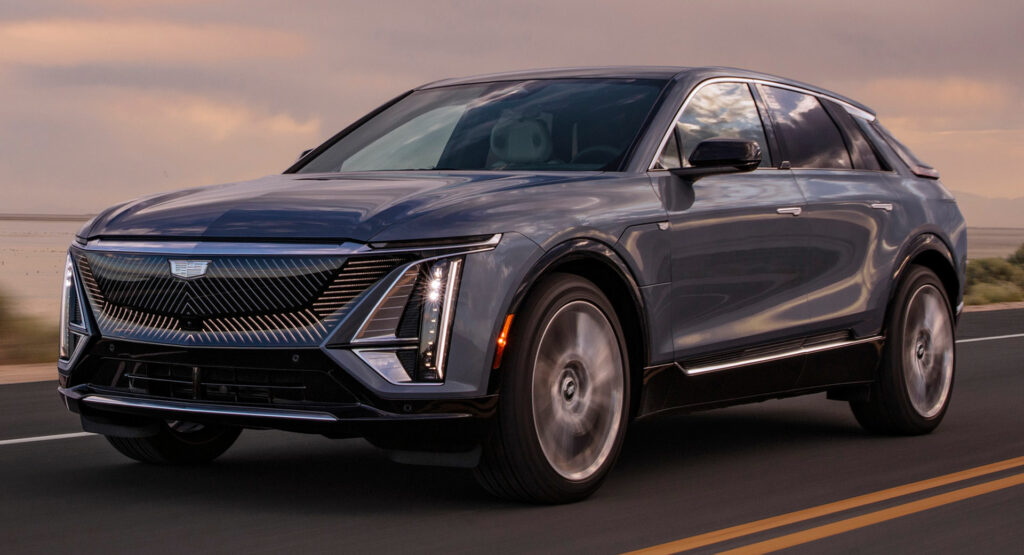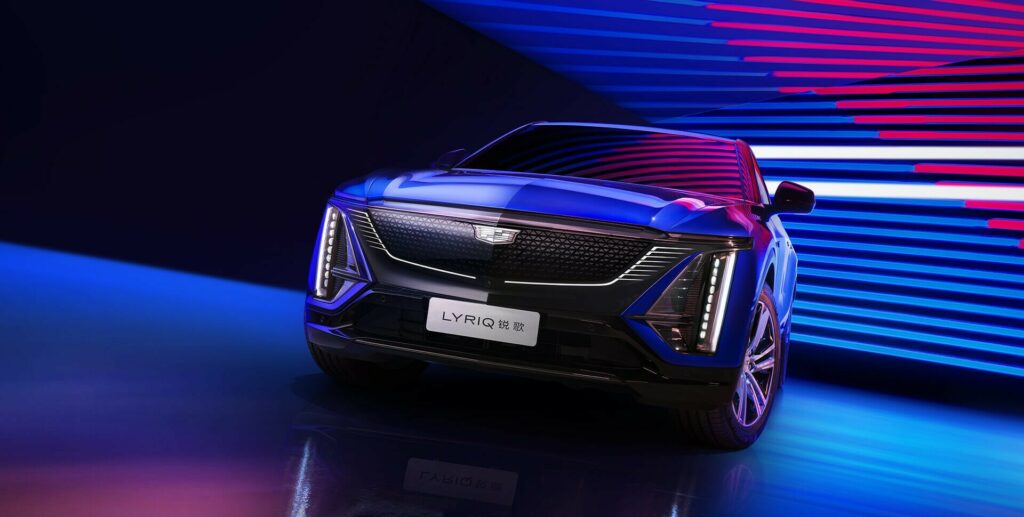Turkey, Saudi Arabia, and Egypt all have big plans for EV manufacturing. As the world seemingly shifts towards favoring EVs for the future of mobility, these countries’ plans are seen as a significant and telling sign.
As the world’s largest oil exporter, Saudi Arabia may have the most on the line, but also has the loftiest of ambitions. In 2018, the kingdom’s Public Investment Fund invested $1 billion into the EV maker, Lucid, while the company is planning to set up a new factory in the nation.
Since then, Saudi Arabia’s Crown Prince Mohammed bin Salman launched the country’s first home-grown brand, Ceer, to design, manufacture, and sell sedans and sports utility vehicles. It, too, sees investment from the Saudi Public Investment Fund, this time in collaboration with Foxconn and using BMW tech.
More: Saudi Arabia Joins With Foxconn To Create Its Own EV Brand

Both developments are critical to the oil-producing nation’s goal of manufacturing 150,000 EVs by 2026. Meanwhile, incentives are planned to replace combustion-powered fleet vehicles with ones of the electric variety, as well as to introduce green-energy buses.
But while Saudi Arabia’s current automotive landscape comprises solely of imported vehicles, some 1,200 miles away, Turkey sits 13th in the world for automotive production. With Ford, Toyota, Honda, Fiat, Hyundai, and Renault all having a manufacturing presence in the country, a home-grown EV shift is on the cards.
Ford Motor Co. and Koç Holding are already responsible for producing the E-Transit cargo van EV, with plans to expand the range next year to include the manufacture of the all-electric Transit Custom too.
Meanwhile, Turkish e-vehicle manufacturer Togg aims to produce 175,000 midsize SUVs a year. However, according to Kaan Kurşun, an Istanbul entrepreneur and co-investor in the “mindset” electric vehicle prototype, the Togg brand is visibly associated with Turkish President Recep Tayyip Erdogan. Speaking to VOA News, he lamented that the company is peddling the new model as President Erdoğan’s car and doubts its appeal farther afield.
See: Turkey’s Togg Makes Public Debut At CES With Transition Concept Smart Device

Similarly, Egypt’s ambitions go beyond relying on imported EVs. President Abdel Fattah El-Sissi said at the beginning of the year that he was personally committed to seeing EVs built in Egypt. Plans have already been made to roll out the Cadillac Lyriq from an Egyptian facility by the end of 2023 and other partnerships with Chinese auto manufacturers are reportedly on the table too.
Going hand-in-hand with the Egyptian president’s wishes, the country’s EV charging ecosystem is similarly being expanded. More DC fast-charge points were added to a network of 440 charging points across the country as the country hosted the COP 27 conference earlier this year.





